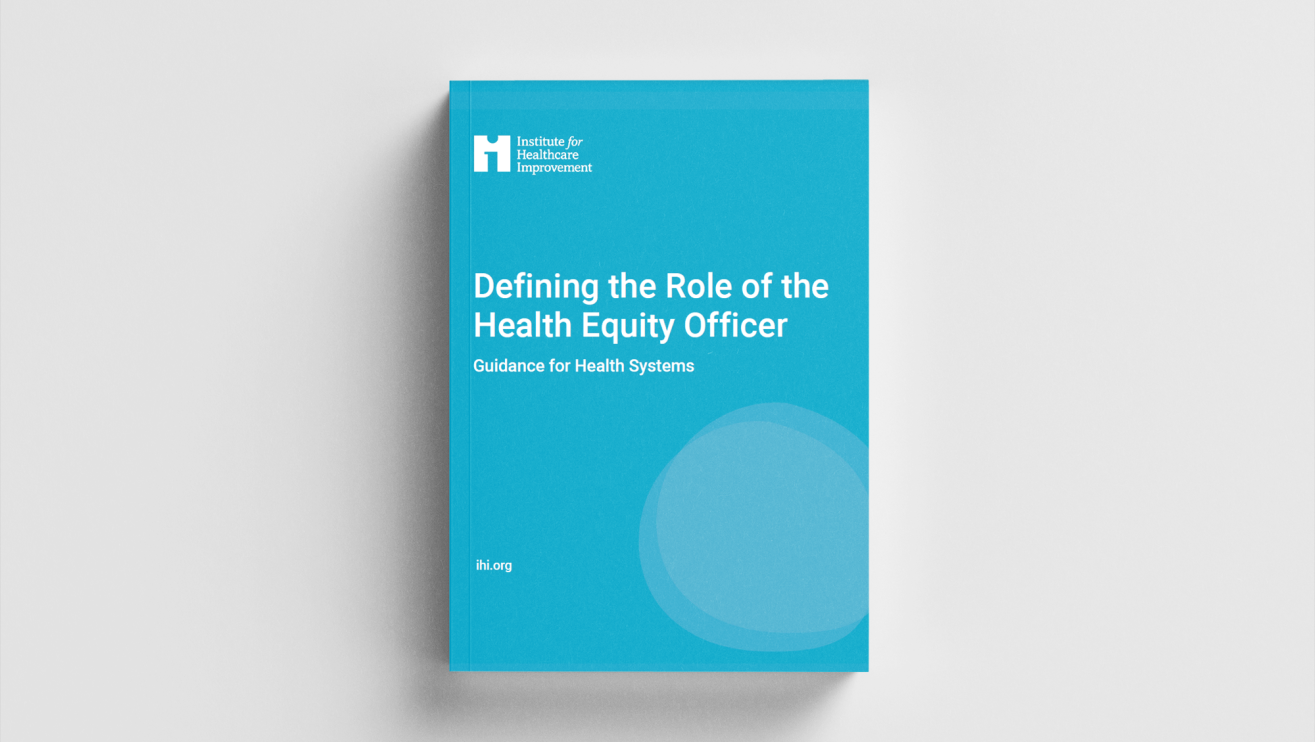Health Equity

There Is No Quality Without Equity
Systemic, avoidable, predictable, and unjust differences in access, treatment, and outcomes between individuals and across populations should be particularly troubling for quality improvers. These types of differences are often referred to as inequities or disparities.
Inequities are the worst type of unwanted variation in a system — variation linked to the complicated history and reality of racism, classism, sexism, ableism, ageism, and other forms of oppression. Quality improvers have a role to play and tools to use in health care systems and communities to end inequities.

Enhance Your Knowledge and Skills to Improve Health Equity
Training and Professional Development
Explore learning opportunities focused on improving health equity
IHI Open School
Build knowledge and skills to improve health equity with IHI Open School online courses

Free Resources and Tools to Support Your Work to Improve Health Equity
Health Equity Resources
Explore tools, white papers, publications, insights, and other resources to support your efforts to improve health equity

Health Equity Initiatives
Rise to Health Coalition
A national coalition for equity in health care that brings together individuals and organizations to transform health care through coordinated and collective action

